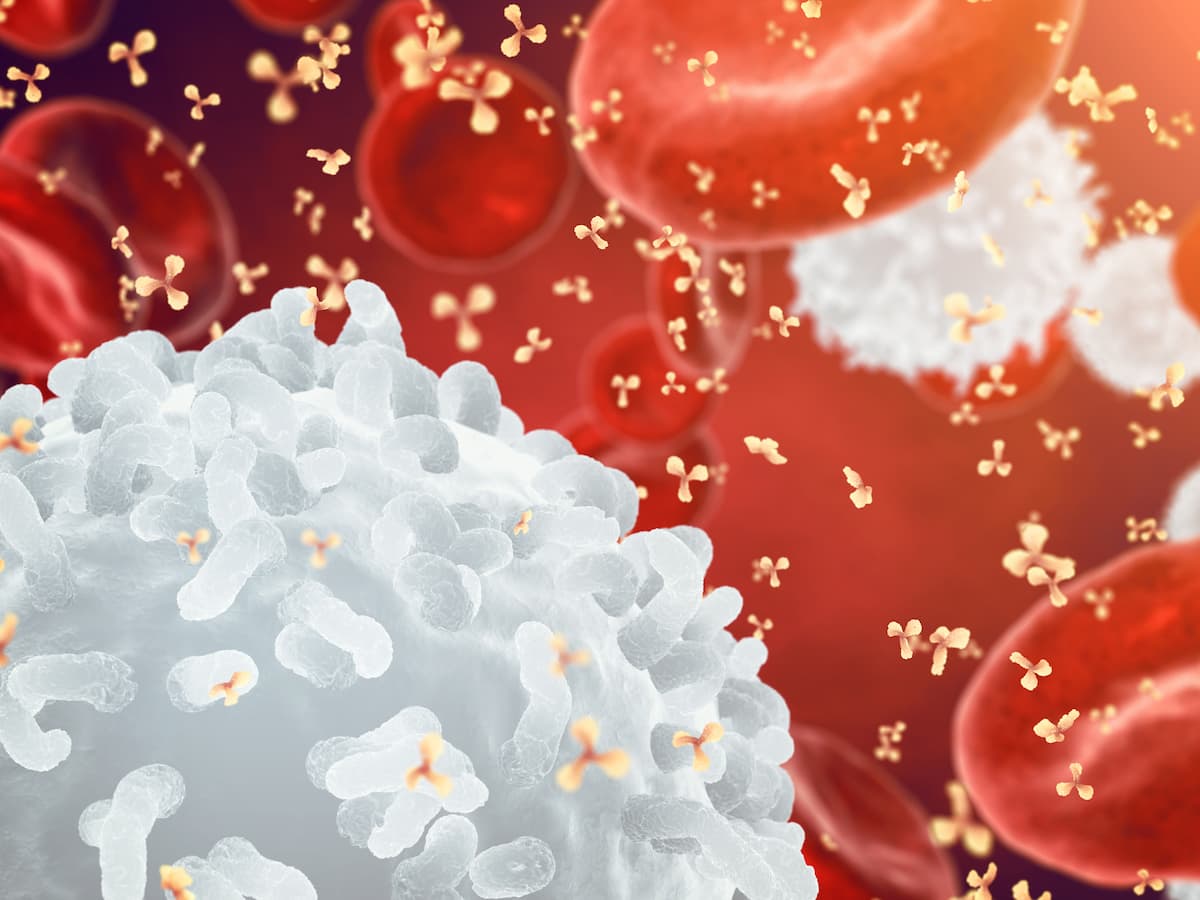
Frederick Locke, MD, Speaks to Clinicians on the Use of Axi-cel in LBCL

Frederick Lock, MD, spoke about clinicians can best utilize the treatment of axicabtagene ciloleucel for patients with large B-cell lymphoma.
Frederick Locke, MD, vice chair of the Department of Blood and Marrow Transplant and Cellular Immunotherapy as well as program co-leader of Immuno-Oncology at Moffitt Cancer Center in Tampa, Florida, spoke to CancerNetwork® about axicabtagene ciloleucel (Yescarta; axi-cel) for patients with relapsed/refractory large B-cell lymphoma (LBCL) and how patients can best benefit from this treatment.1
Transcript:
The main thing for community oncologists to realize is that CAR T-cell therapy can be given to patients who are older and have comorbidities. It can be given to younger patients, and if patients need the FDA-approved label, they should be referred in for evaluation and consideration of CAR T-cell therapy. Unfortunately, there’s some misinformation out there in the community, in the ‘Twitterverse’, and elsewhere. These clinical trials that led to this approval enroll patients who had a poor prognosis, patients with high tumor burden. In fact CAR T-cell therapy works better than chemotherapy for patients with large amounts of tumor [burden], so the community oncologists should recognize that what we all want is what’s best for the patients. The data are clear that CAR T-cell therapy, if given as a second-line treatment offers the best outcomes for patients with LBCL.
References
- FDA approves axicabtagene ciloleucel for second-line treatment of large B-cell lymphoma. News release. FDA. April 1, 2022. Accessed April 8, 2022. https://bit.ly/3LAUUFD
- Locke F, Miklos DB, Jacobson CA, et al. Primary analysis of ZUMA‑7: a phase 3 randomized trial of axicabtagene ciloleucel (axi-cel) versus standard‑of‑care therapy in patients with relapsed/refractory large B-cell lymphoma. Blood. 2021;138(suppl 1):2. doi:10.1182/blood-2021-148039
Newsletter
Stay up to date on recent advances in the multidisciplinary approach to cancer.





































